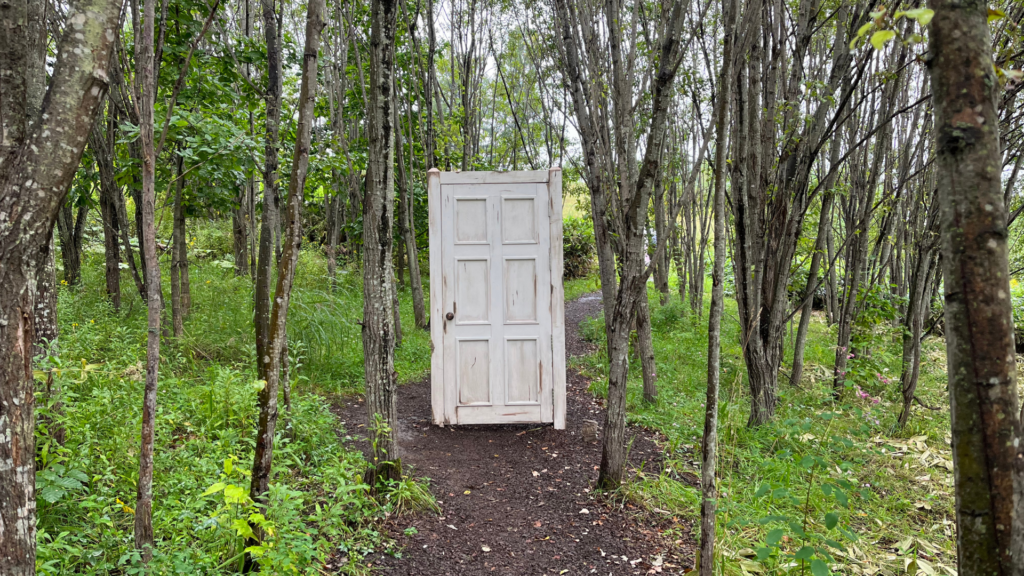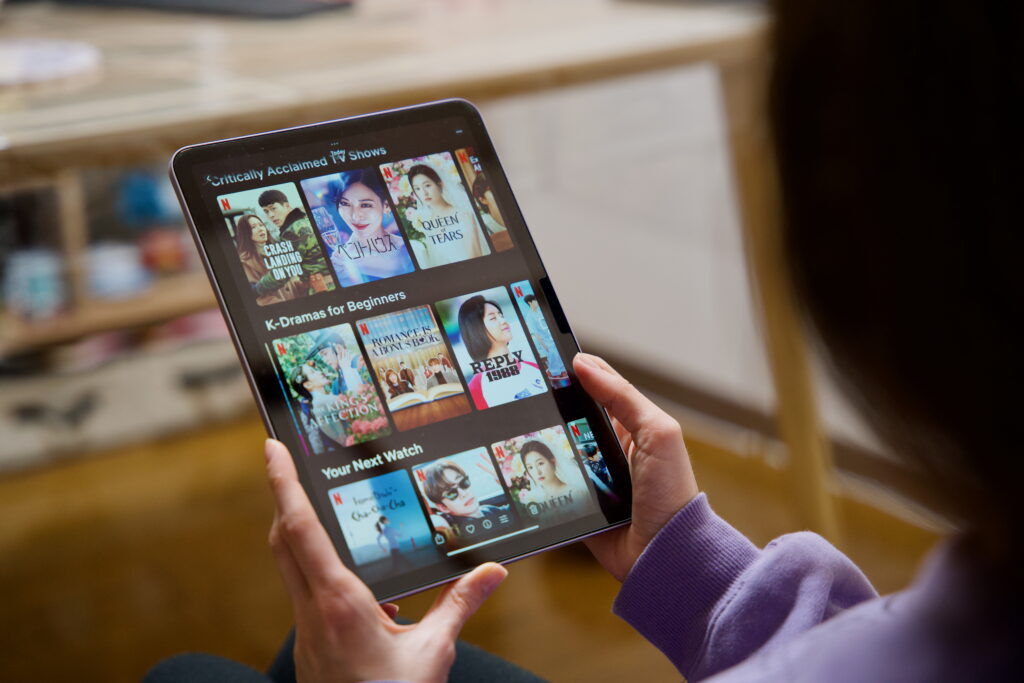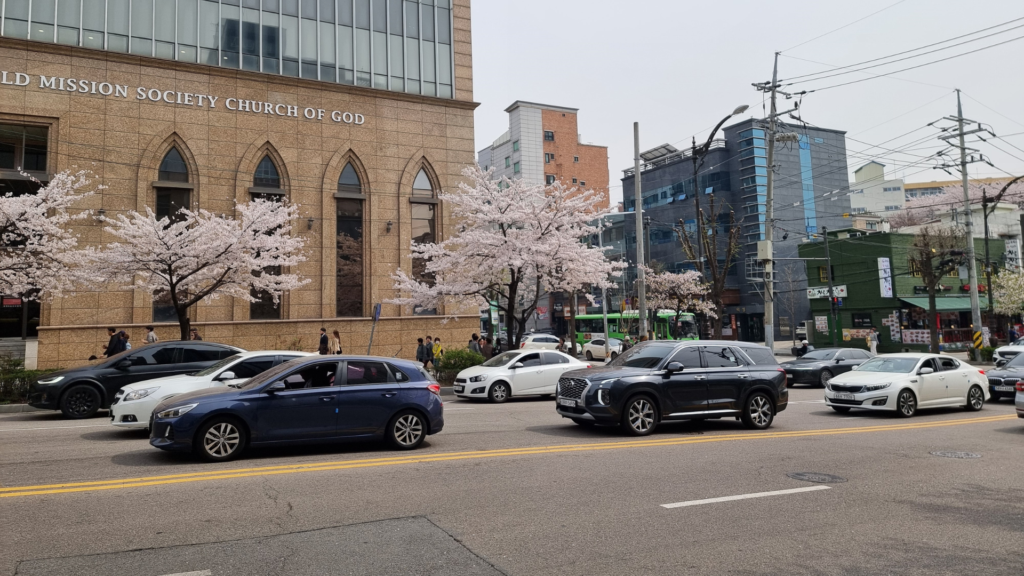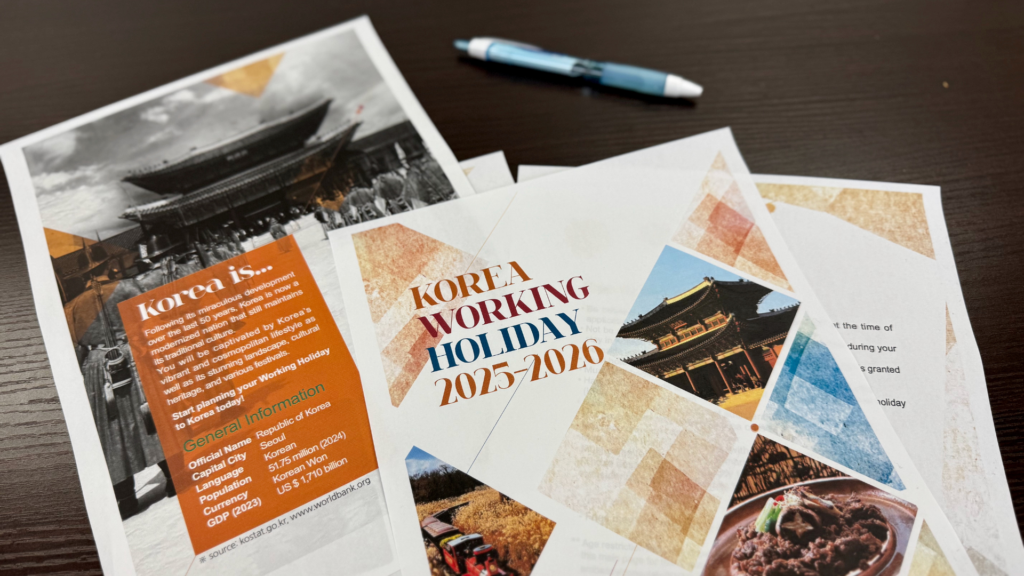How do you say I love you in Korean? As in the rest of the world, also in Korea they celebrate Valentine’s Day on February 14. But how do they express love feelings or even simple affection in Korean? Continue reading this article to discover all the ways of saying I love you in Korean!

4 ways to say I love you in Korean
1. Saranghae
You’ve probably already heard this expression in some K-dramas or K-pop songs. “Saranghae” (사랑해) means “I love you”. You can also find it in its more formal form “saranghaeyo” (사랑해요), but it’s not used as often since you usually drop the formalities when talking to your loved one.
“Saranghae” means, as we said, I love you in Korean, but it can also have the meaning of “I care about you“, and can be used to express love for your friends or beloved ones. We can therefore also say “saranghae” to our family members.
2. Joha
When we like someone but the feeling for them is not deep enough yet to say “I love you”, we can tell them that we like them. Instead of saying I love you in Korean, “I like you” in the romantic sense is called “joha” (좋아).
Again, there is a more formal version, which is derived by adding the ending “yo” to the term (johayo, 좋아요). This formal is used when the other person has not yet decided to drop the formalities and is therefore still speaking in jondaetmal (존댓말).

3. Akkida
“Akkida” (아끼다) is a verb meaning “to feel affection” and another way to say I love you in Korean. So if you want to tell someone that you love them and that you are fond of them without implying love, you can use this verb. In a way, it is a way of saying “I care about you”.
4. Jeongi itta
Another way to express feeling affection for someone is jeongi itta (정이 있다). Jeong (정) means feeling, but it doesn’t have to be love, so if you say you have jeong when referring to someone, it means you have affection for them.
Other Korean expressions to express love
In addition to the more direct phrases to say I love you in Korean, there are other ways to express your emotional attachment to another person. Let’s see some of them!
- 너 없이 못 살아.
Neo obsi mot sala.
I can’t live without you. - 네가 내 옆에 있으면 좋겠다
Niga nae yeope isseumyeon jokketta.
I wish you were here by my side”.
- 보고 싶다
Bogo sipta.
I miss you. (I want to see you). An expression that is widely used either like this, or conjugated as 보고 싶어 (bogo sipeo, informal) or as 보고 싶어요 (bogo sipeoyo, more formal).
- 가지마, 나랑 같이 있어.
Gajima, narang gatchi isseo.
Don’t go away, stay with me.
- 새상에 너 밖에 없어.
Saesange neo bakke eobseo.
In the world there is no one like you (or “in the world I have only you”). It’s a very melodramatic expression.
Romantic sentences in Korean
Finally, the romantic proposals:
나랑 사귈래? (narang sagwillae?) and 결혼하자! (gyeoronhaja!), “Will you get together with me?” and “Let’s get married!” respectively.
If you happen to receive one of the above suggestions and your answer is yes, you might then want to know how to say “I’m engaged” or “I’m in a relationship” and “I’m married”.
“Relationship” is 연애 (yeonae) and 연애 중이에요 (yeonae jungieyo) literally means “I’m in the middle of a relationship”, i.e., “I’m in a relationship”.
If you just want to say “I have a boyfriend”, you’ll say 남자친구가 있어요 (namjachinguga isseoyo), while “I have a girlfriend” is 여자친구가 있어요 (yeojachinguga isseoyo).
Finally, “I am married” is 결혼했어요 (gyeoronhaesseoyo).
Here are the most useful expressions to know when it comes to love and affection in Korean. If you enjoyed this article on how to say I love you in Korean, you might also be interested in the articles on Korean dating habits.
For more information on Korean language and culture, keep following the Go! Go! Hanguk blog and do not hesitate to contact us about living and studying in Korea.
















